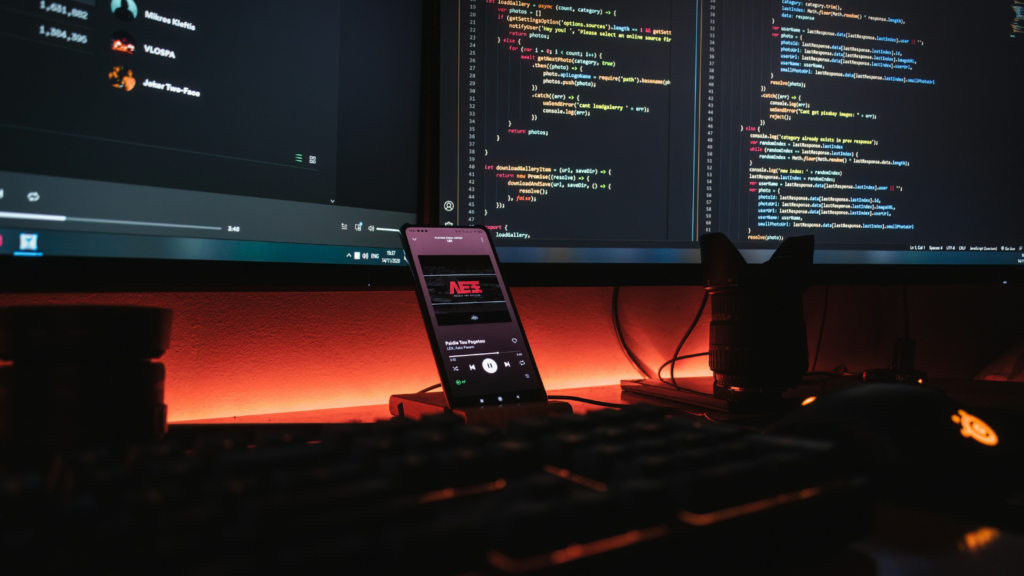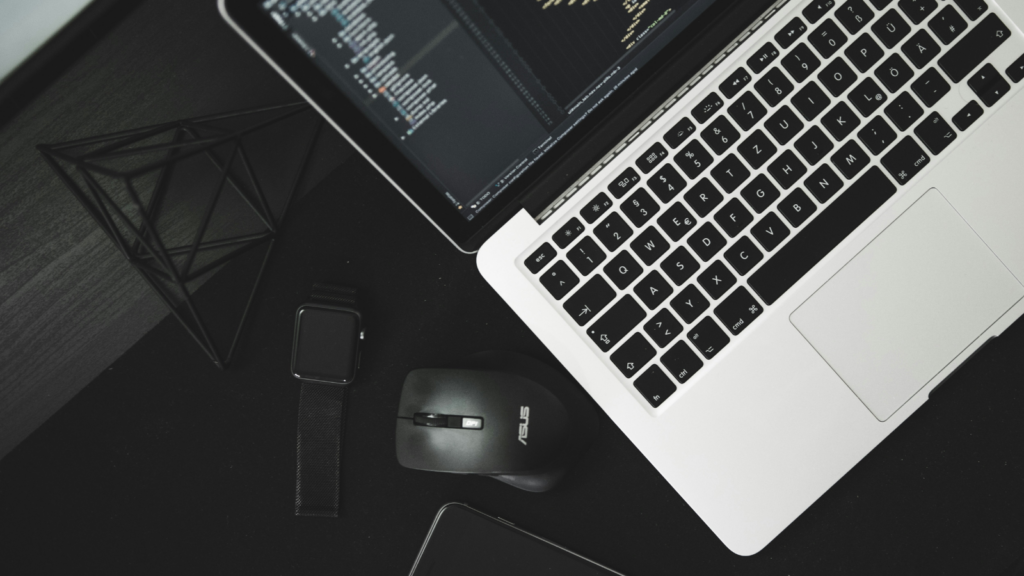In the rapidly evolving world of technology, blockchain has emerged as a game-changer. It’s not just about cryptocurrencies anymore; blockchain’s decentralized nature is revolutionizing various industries. This article is for those tech enthusiasts who are keen on riding this digital wave and want to become a blockchain developer.
So, whether you’re a seasoned coder or a novice techie, buckle up for an exciting journey into the world of blockchain development. It’s time to unlock new opportunities in this cutting-edge field.
How to Become a Blockchain Developer

Embarking on the journey of becoming a blockchain developer requires a clear understanding of blockchain fundamentals. Familiarity with the principles of decentralization sets a strong foundation. One must gain expertise using programming languages such as Python, JavaScript, and Solidity – these represent the vital tools in a blockchain developer’s toolbox. Cryptography, data structures, and blockchain architecture knowledge make an essential addition, enhancing the capabilities to create robust, secure solutions.
Interaction with APIs, developing smart contracts, and testing on blockchain platforms demand hands-on practice. Opt for specialized courses or certifications in blockchain development for structured, guided learnings.
Consistently working on real-world projects, even if they’re open-source, ensures gradual improvement. Remember, developing blockchain solutions is more than writing code – it entails solving complex problems, mastering innovative technologies, and reshaping traditional systems.
Educational Requirements for Blockchain Developers

Blockchain developers, curious about expanding their roles beyond cryptocurrencies and into various decentralized industries, must meet certain educational requirements. A solid understanding of blockchain basics serves as the foundation for this role. Specifically, they delve into programming languages, such as Python and Solidity, cryptography, and data structures.
It’s integral these professionals grasp the fundamentals of blockchain architecture. A practical acquaintance with APIs, smart contracts, and different blockchain platforms significantly amplifies this understanding. Additionally, pursuit of specialized courses or certification programs in blockchain development often proves beneficial. These learning avenues provide a structured approach to understanding how to become a blockchain developer.
Working on real-world projects enhances the theoretical knowledge into practice, while staying on top of blockchain trends and regulations keeps them relevant in this dynamic field. Furthermore, networking with blockchain communities aids in updating their knowledge and staying connected. Infusing these educational experiences together, developers lay a strong foundation for a successful career in the growing field of blockchain.
Pathways to Becoming a Blockchain Developer

Embarking on a journey to become a blockchain developer involves a sequential and structured approach. Initially, acquiring a detailed knowledge of blockchain fundamentals constitutes the first stride. Optimal understanding of programming languages, often Python and Solidity, forms a vital part of the pathway.
A solid grasp of cryptography and data structures lays the cornerstone of a promising career in blockchain development. Familiarizing oneself with the intricate facets of blockchain architecture pitches the roadmap for mastering technical skills. It is crucial to gain practical exposure through working with APIs and smart contracts, concurrently learning to navigate diverse blockchain platforms efficiently.
Prospective developers, looking at how to become a blockchain developer, can harness the advantage of specialized courses or certifications tailored specifically towards blockchain development. These educational initiatives serve as stepping stones, helping establish professional credibility among peers and potential employers.
Focus on Dedication and Innovation
Becoming a successful blockchain developer is a journey that demands dedication, curiosity, and a thirst for innovation. It’s about mastering the blend of technical skills, from understanding the fundamentals of blockchain and programming languages like Python and Solidity to cryptography and data structures. It’s not just about theoretical knowledge. Practical experience with APIs, smart contracts, and diverse blockchain platforms is equally vital. Blockchain development certifications and real-world project involvement can give you an edge. Networking within the blockchain community and staying updated on industry trends and regulations can open doors to exciting opportunities. Remember, your journey doesn’t end with landing a job. Continual learning, improvising, and building a robust portfolio of blockchain projects are key to thriving in this dynamic field. So, gear up, dive into the world of blockchain, and let your innovative solutions disrupt the status quo.


